According to a CNBC report, the behavioral health field is one of the fastest growing career options for 2020. Behavioral health jobs are available in a variety of industries, including mental health care, hospitals, drug and alcohol rehabilitation centers, geriatrics, criminal justice, special needs, individual and family services, wellness and fitness.
Some industries, like mental health care, are in great need of qualified, compassionate personnel. The 2017 National Survey on Drug Use and Health found that about one in five U.S. adults (over 46 million) live with a mental illness, including substance use disorder. Many of these individuals need treatment but are not receiving it. This is due, in part, to insufficient treatment resources and a lack of trained personnel.
If you are interested in pursuing a career in behavioral health, there are many options to consider.
Associate Degree in Behavioral Health
An associate degree in behavioral health provides the skills needed to perform administrative and assistant functions in mental health hospitals and behavioral health clinics. Coursework focuses strongly on sociology and psychology, addiction and substance use disorders, and prepares students to work in a variety of behavioral health settings.
Typical job titles may include Behavioral Health Technician, Case Manager, Respite Care Worker or Paraprofessional Counselor. These entry level jobs have increased by about 32 percent since 2015, and pay an average of $33,000 per year.
Bachelor’s Degree in Behavioral Health
A bachelor’s degree opens up many more job possibilities alongside a higher salary, especially in mental health and addiction treatment settings. Expanding on what was learned at the associate level, a bachelor’s level program typically explores health topics like biology, nutrition and anatomy, behavioral theory and other health-related topics.
With a bachelor’s degree, you qualify for jobs such as Health Services Manager, Human Resources Specialist, and Social Services Manager. Of these, the projected job growth is expected to be the highest for Health Services Manager, which also carried the highest average salary of $99,730.
Master’s Degree in Behavioral Health
Masters-level programs dive deeper into all aspects of behavioral health, human biology, social and cultural diversity, and independent research topics. Students may specialize in areas such as children’s health, healthcare policy, mental health, substance use disorders, the health of at-risk communities and groups and behavioral health systems.
A Master’s degree qualifies you for a career as a Marriage and Family Therapist, Clinical Social Worker, Mental Health Counselor, Substance Abuse Counselor, and more. All of these positions have good projected job growth of about 16-23 percent.
While it’s possible to find an entry-level position for some of these job titles with an associate degree, a bachelor’s or Master’s degree provides more opportunities for advancement and a higher salary.
Turning Point of Tampa’s goal is to always provide a safe environment and a solid foundation in 12-Step recovery, in tandem with quality individual therapy and groups. We have been offering Licensed Residential Treatment for Addiction, Eating Disorders and Dual Diagnosis in Tampa since 1987.


